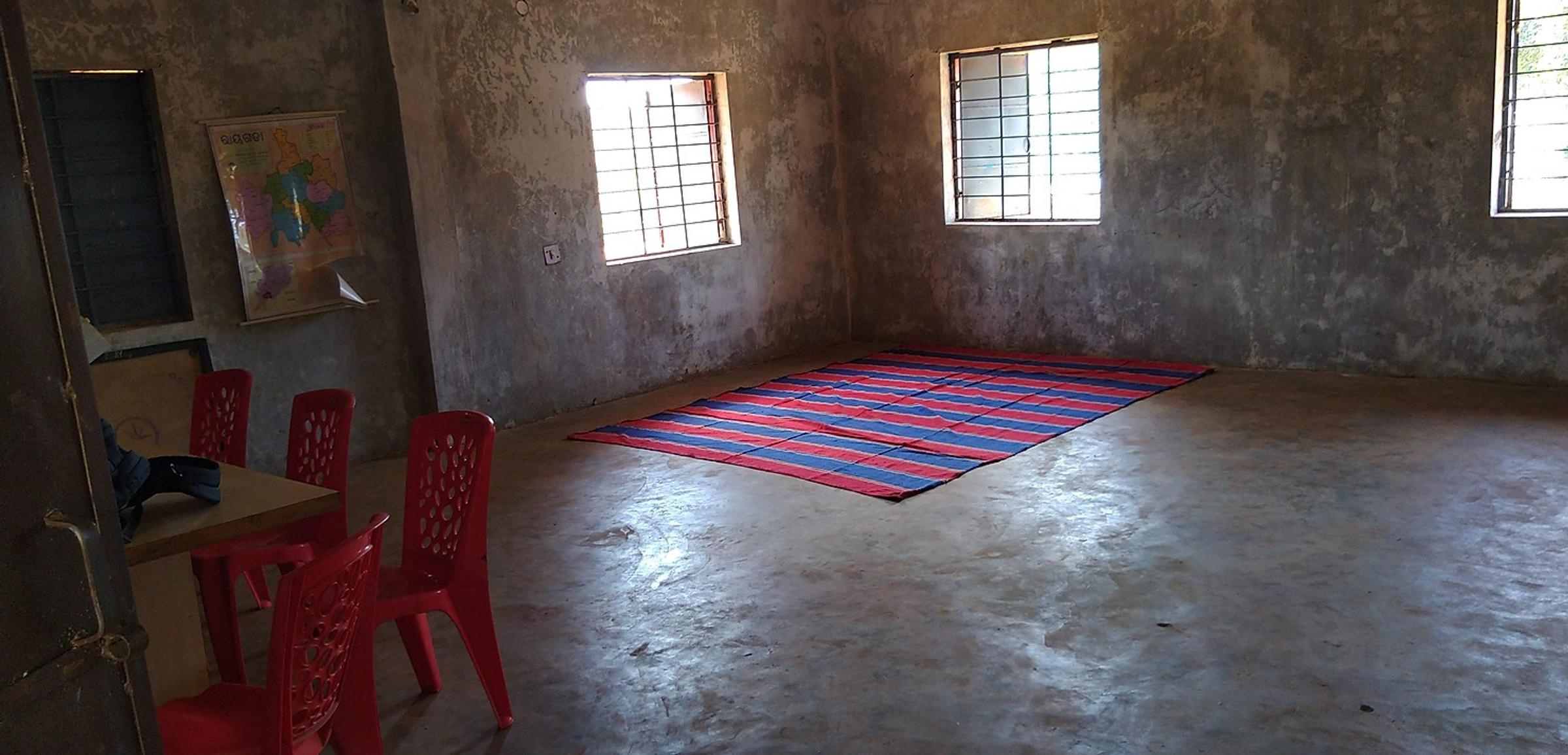Ten ways to process grief after a death during a global pandemic

Karen Anderson
The COVID-19 pandemic has significantly disrupted our experiences of, and our rituals associated with dying, death and bereavement.
Edith Cowan University lecturer, psychotherapist and long-standing APLI member Karen Anderson has used key research and her own observations working on the frontline of counselling to explain the impact of this pandemic on the grief process, and how we can better manage our grief when the usual rites of passage are not possible.
‘COVID-19 has obstructed the vital usual manner of being present with a dying loved one – at their bedside, holding their hand and speaking comforting words’, Ms Anderson said.
‘As Robert Neimeyer, PhD, Director of the Portland Institute for Loss and Transition and Professor Emeritus of psychology at the University of Memphis states – ‘Normally, we can hold a loved one’s hand, have meaningful conversations, affirm the bond, make amends. When we are able to practice these things, it softens the blow of loss.’’
So how then can we each better manage our immediate grief when the usual rites of passage around death are not possible?
‘Managing grief and/or persistent or intrusive thoughts and feelings when compounded by physical distancing requires a degree of self-compassion, whether or not the death of your loved one is a direct result of Covid-19, its implications or, is from other pre-existing conditions, or sudden tragedy,’ Ms Anderson said.
See below for a link to read the full article:
